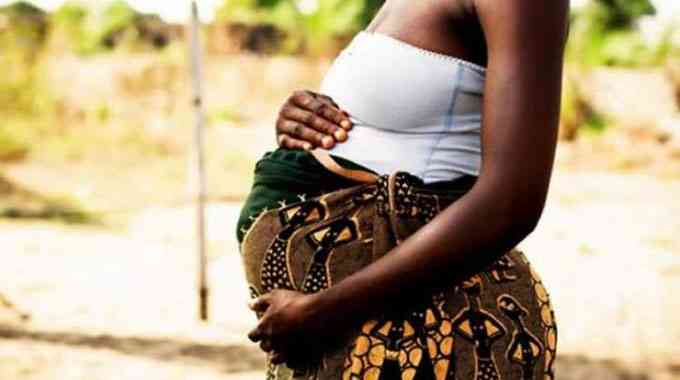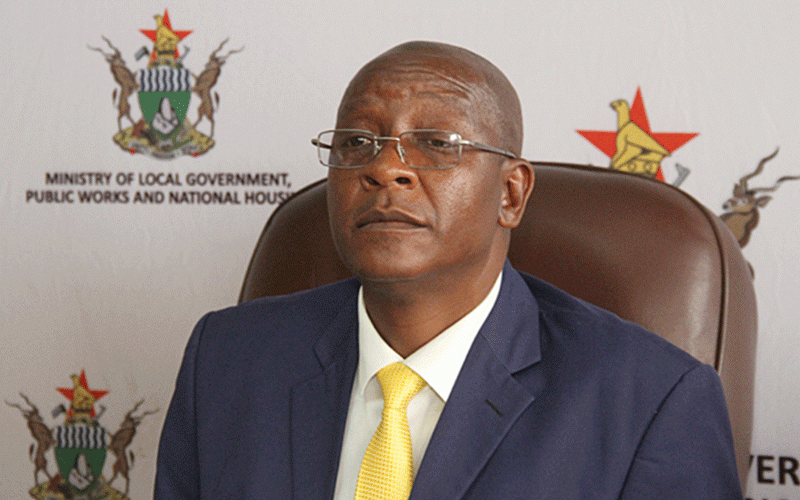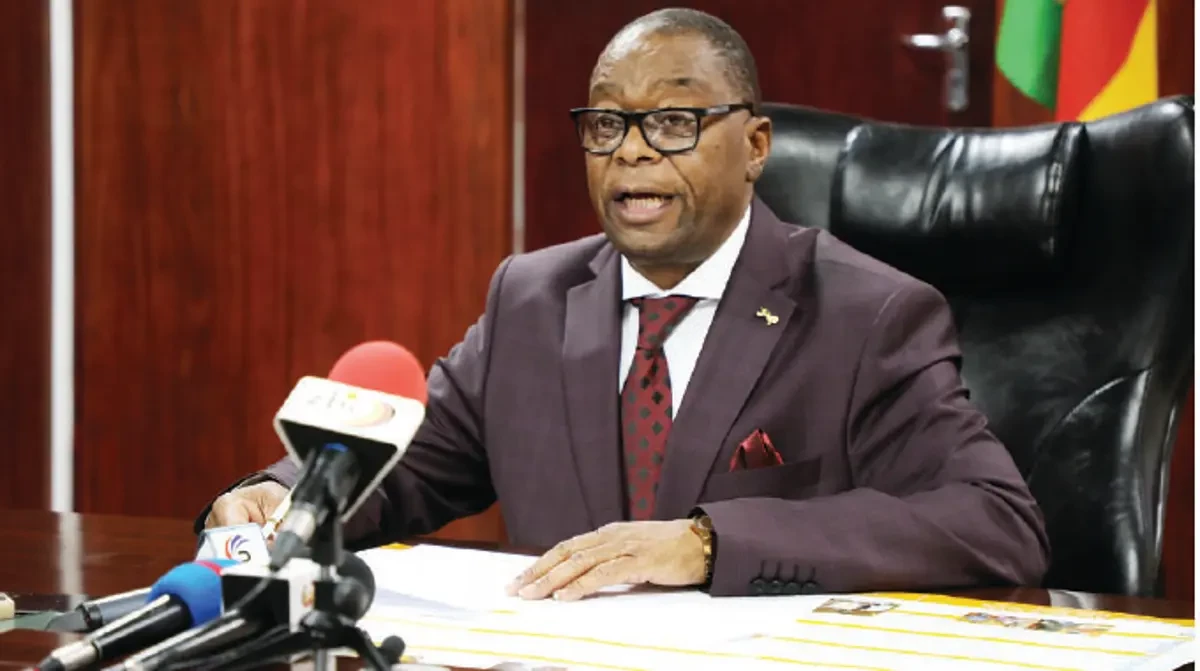
BY LORRAINE MUROMO
THE Media Institute of Southern Africa (Misa) has warned that the upcoming election period could pose danger to journalists in the region.
In a statement yesterday, Misa also expressed concern over undemocratic laws that being crafted in fragile States, which it said threatened media freedoms during the COVID-19 era.
“Elections in fragile States are a matter of life and death for both the citizens and journalists, as these are high stakes nationally, and by extension, regional processes with a dangerous trend in the form of restricting or shutting down civic organisations, starting with Uganda in East Africa, while Zimbabwe is in the process of crafting a law to empower the government to shut down civil society organisations that are performing checks and balances on officialdom,” Misa said in a statement yesterday.
“Wherein, generally they are supposed to be an expression of a country, society or a people’s free choice and an entry into a contract of governance, elections are a complex process in the majority of fragile and somewhat broken States.”
Misa expressed concern over the arrest, assault, detention and abduction of civic actors in the region, citing the deterioration in eSwatini, Mozambique, Tanzania and Zimbabwe.
“Tied to the electoral processes, is that leaders in failed States will resort to internet shutdowns or disruptions, particularly in cases where the ruling elites face tight competition from opposition political parties,” it said.
Misa said trends in 2021 also showed beyond doubt that despotic regimes were now even more inclined towards retaining power by hook and crook, including shutting down the internet.
- Chamisa under fire over US$120K donation
- Mavhunga puts DeMbare into Chibuku quarterfinals
- Pension funds bet on Cabora Bassa oilfields
- Councils defy govt fire tender directive
Keep Reading
“As such, the year 2022 will be a fertile ground for monitoring how the governments will respond to electoral pressures.”
It urged civic society organisations to also target new players that have the power to influence decision-making by wayward regimes in the region.
“There is a need for establishing new means upon which the various stakeholders take up the responsibility of ensuring that citizens of the region enjoy their unfettered enjoyment of their rights to expression, access to information and media freedom while they perform their role as an agency to defend the same,” Misa said.
“Stakeholders in the region should invest and support efforts towards establishing a regional platform upon which, and through people to people solidarity, the region’s citizens coalesce and share ideas on activism, which will become a shield to counter retrogressive steps by Sadc member States.
“Gauging from the 2021 Reporters without Borders Index, the attacks and threats on media freedom are going to escalate. As new COVID-19 variants emerge, regional governments are likely to consolidate undemocratic laws that were enacted at the beginning of the pandemic in 2020 and probably add new laws that claw back on the enjoyment of expression.”
Added Misa: “The enactment of fake news regulations, which started with South Africa and triggered the same motions in Botswana, eSwatini, Lesotho, Malawi, Zambia and Zimbabwe, require concerted efforts towards their repeal.”
Misa said governments in the region would take advantage of the emergence of new COVID-19 variants to come up with even more retrogressive laws, and urged countries to promote plurality and diverse media platforms.
- Follow Lorraine on Twitter @RMuromo











